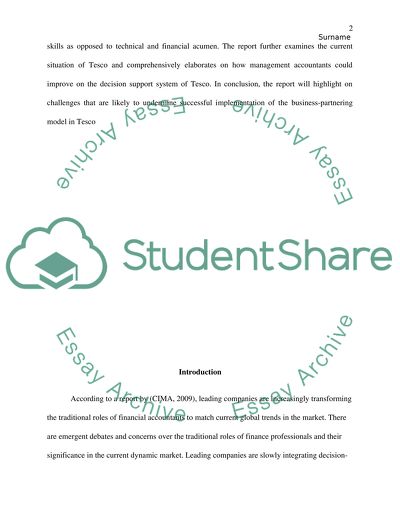Cite this document
(“The changing role of Management Accountants at Tesco plc Essay”, n.d.)
Retrieved from https://studentshare.org/finance-accounting/1664521-the-changing-role-of-management-accountants-at-tesco-plc
Retrieved from https://studentshare.org/finance-accounting/1664521-the-changing-role-of-management-accountants-at-tesco-plc
(The Changing Role of Management Accountants at Tesco Plc Essay)
https://studentshare.org/finance-accounting/1664521-the-changing-role-of-management-accountants-at-tesco-plc.
https://studentshare.org/finance-accounting/1664521-the-changing-role-of-management-accountants-at-tesco-plc.
“The Changing Role of Management Accountants at Tesco Plc Essay”, n.d. https://studentshare.org/finance-accounting/1664521-the-changing-role-of-management-accountants-at-tesco-plc.


